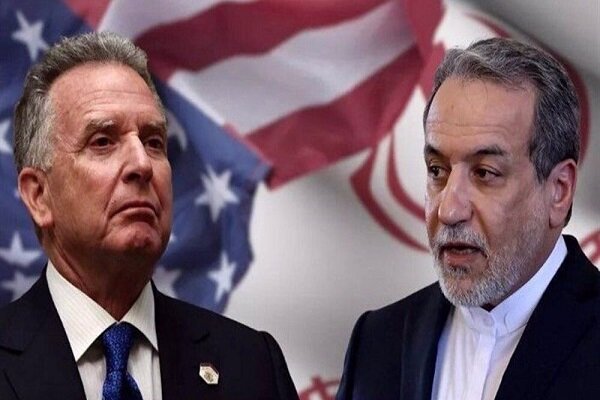The “negotiations” were indirect and Iran’s words were heard; the first round was in Tehran’s favor.
The first round of talks between Tehran and Washington was held indirectly in Oman on Saturday, and the New York-based Council on Foreign Relations think tank wrote that the talks clearly went in Tehran’s favor.
The think tank writes: First, the United States wanted direct talks, and Iran wanted indirect talks. The talks in Oman were held indirectly, with the country’s foreign minister acting as a mediator and transmitter of the parties’ messages. Also, at the end of the talks, Steve Whittaker, special envoy of US President Donald Trump, and Iranian Foreign Minister Abbas Araqchi had a simple greeting in the hallway of the building where the talks were held, nothing more.
The report continues: Second, the main critic of the JCPOA agreement, which was concluded between the Barack Obama administration and Tehran in 2015 and from which Trump withdrew in 2018, announced that the talks would only address the nuclear issue and therefore ignore Iran’s missile program. The Oman talks reportedly focused solely on nuclear issues, which is exactly what Iran wants.
The Council on Foreign Relations continues: Third, the United States appears to have shown signs of weakness from the start, abandoning its goal of ending Iran’s nuclear program. According to the New York Times, “Trump and Whitaker have made it clear that their ultimate goal is to ensure that Iran never builds a nuclear weapon, contrary to the strong demands made by Trump officials before the talks that Tehran’s nuclear program be completely dismantled and that its missile program be halted.”
Elsewhere in the article, it is difficult to understand Whitaker’s negotiating methods. He told the Wall Street Journal before the talks that he thought our position was to dismantle Iran’s program. That is our position today. That is not to say, of course, that we will not find other ways to compromise between the two countries.
According to the think tank, if Whittaker’s goal is an agreement that allows the International Atomic Energy Agency to inspect Iran’s nuclear program while Iran continues to produce missiles with ever-greater ranges, then he is calling for the JCPOA. This is despite Trump calling it one of the worst deals the United States has ever entered into when he withdrew from the deal.
In the final section of this article, we read: Trump’s previous demands now appear to be being forgotten.

